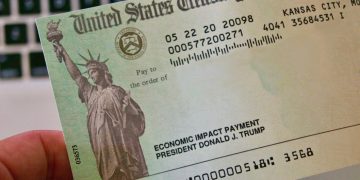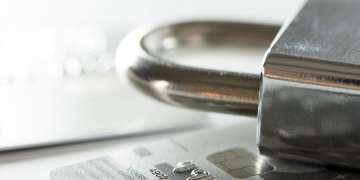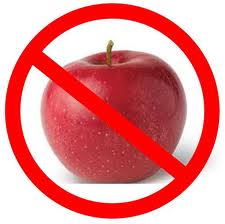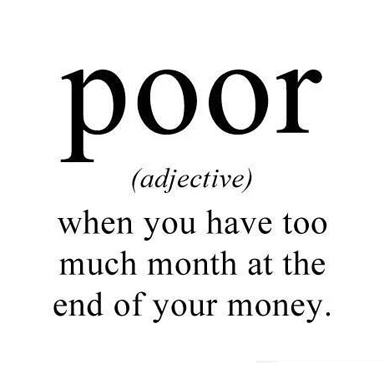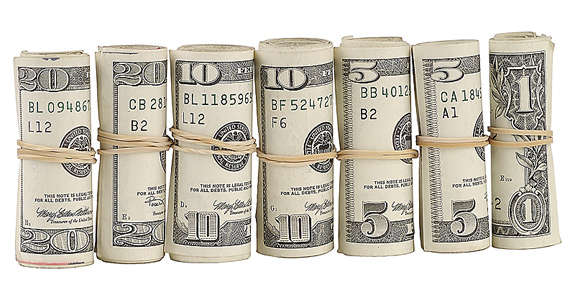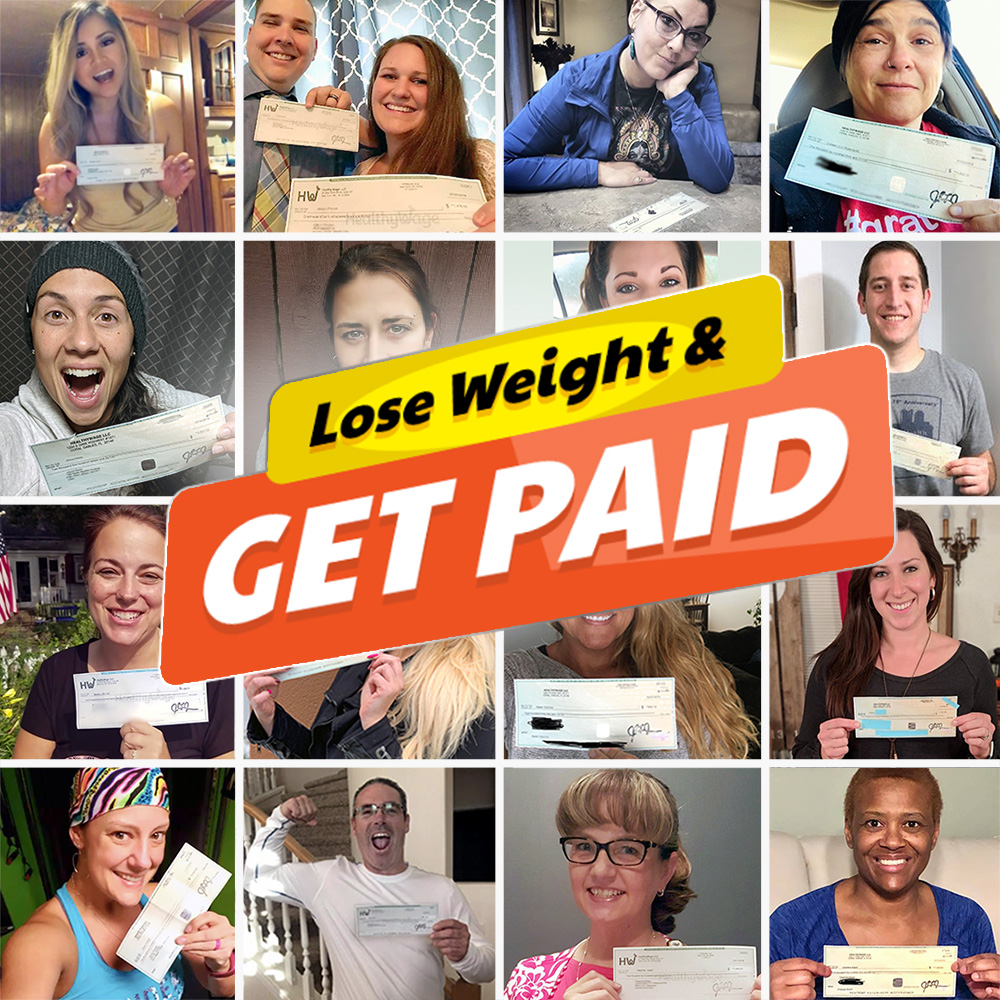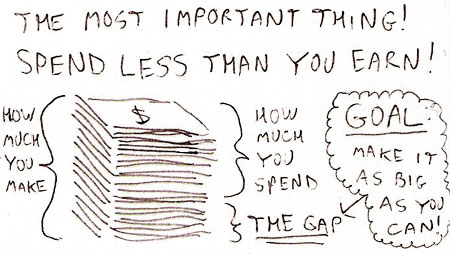All of my life I’ve heard about diversifying your assets by having stocks and bonds. I kind of know what a stock is but the other day I wondered, just what’s a bond, and why would I want one? If you have the same questions then stay tuned for the latest installment of my basic finance course: Finance 101.
I actually own some bonds as part of my investment strategy. My last employer offered employees the ability to purchase bonds automatically through a direct payroll deduction on a monthly basis. I figured, hey, why not and allocated $100 each month for about 6 months towards bonds. They were mailed directly to my mom, and I promptly forgot about them until I bumped into an old pay stub last week. I began to wonder, just what the heck did I purchase anyway? Let’s begin with definitions. According to About.com, a bond is “simply an ‘IOU’ in which an investor agrees to loan money to a company or government in exchange for a predetermined interest rate.” Great! So who’s the investor? Well, in this case that would be me or whoever purchased bonds. Sweet! I’m an investor. Now, how do I make money from this? This is where it gets interesting. It all depends on what types on bonds you’ve purchased.
The Federal government, state governments, cities, school districts, colleges, some nonprofits and corporations can all issue bonds, but you should know that not all bonds are created equal. Only bonds issued by the US Treasury can be called a US Savings Bond. No matter who issues your bond though, all bonds will pay you back your original investment plus interest (also called the yield or the coupon rate) on a set date in the future called the maturity date…that is unless the bond is “callable” which just means that the company can pay you back earlier than the maturity date. This will reduce the amount of interest that you earn, but I’m getting ahead of myself.
Now you’re probably thinking, “when the hell do I get my interest”? Bonds can pay you interest monthly, quarterly, semi-annually, or annually.  There also exists an extra special bond which does not pay you any interest until the maturity date. Those bonds are called “zero coupon” bonds. In order to entice you to purchase zero coupon bonds, they are often offered at significant discounts but have long maturity dates. It is possible to purchase a $10,000 bond for only $5,000. At 32 this one appeals to me. Man, there’s so much to cover.
There also exists an extra special bond which does not pay you any interest until the maturity date. Those bonds are called “zero coupon” bonds. In order to entice you to purchase zero coupon bonds, they are often offered at significant discounts but have long maturity dates. It is possible to purchase a $10,000 bond for only $5,000. At 32 this one appeals to me. Man, there’s so much to cover.
The government always wants its cut of your money. Any interest that is paid to you on bonds are subject to income taxes. That’s one nasty little footnote, but wait, there is an asterisk here. Bonds issued by the US Treasury are not subject to state and local taxes. You might have to pay Federal taxes though. That’s nice, but there’s a bond that does one better. The Federal government can’t charge you tax on municipal bonds which are usually issued by local governments, and since these local governments want to entice you to purchase their bonds and no one else’s bonds, they often exempt their bonds from local taxes as well. This means that municipal bonds can accrue interest totally tax free.
Let’s go through a hypothetical. You’ve got $100 to play with so you purchase bonds issued by IBM. That’s a corporate bond. It’s a 4% coupon with a 10 year maturity. This means that you get to collect $4 in interest ever year for 10 years, but you have to pay income taxes on the interest. At the end of 10 years you get your initial $100 investment back. You can see where this might add up if you had invested even more money. If you increase your investment to $10,000 you pocket $400 every year and then you still get your $10,000 at the end of 10 years. Had you purchased a $10,000 municipal bond, you get the $400 interest every year, but you don’t have to pay any income taxes on that money. If you had purchased a zero coupon bond from the US Treasury, you wouldn’t collect any interest until the maturity date, but you might have only paid $5,000 for a bond worth $10,000 at the end of 10 years but you might have to pay Federal taxes.

So now you’re thinking, aside from zero coupon bonds, why wouldn’t I just get a certificate of deposit (CD)? Typically, bonds have a much higher yield than CD’s and you can have a bond for a longer period. Also, depending on the type of bond that you hold, you can avoid some taxes as we discussed above. Those two factors make bonds more attractive than CD’s. But everything isn’t always rosy. If you purchase a corporate bond, there is always a risk that the company can run into financial hardships or even go bankrupt. Where would that leave you? Well, you’d lose your money!
Some things that you should know:
- The higher the yield, the more risky or new a company is.
- Corporate bonds tend to offer higher yields because they tend to have higher risk. The Federal government will almost never default on bonds but they offer lower yields.
- If inflation rises higher than your yield, your buying power can be eroded.
- Bonds can tie up your money for an extended time.
- If you cash in your bond early, you may be subject to penalties
You’re probably all gung ho now to purchase a bond, but there’s still a lot more to learn, so I recommend waiting until we finish the second lesson before making any purchases. Now, there will be a pop quiz, so make sure to do your homework before the next lesson. Class dismissed.

